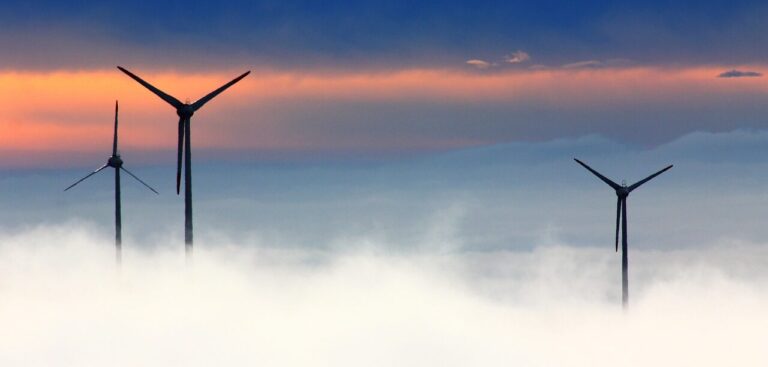The International Renewable Energy Agency (IRENA) and the World Meteorological Organization (WMO) have signed an agreement to work together to support the transition to renewable energy through tailored weather, water and climate services.
A memorandum of understanding (MoU) was signed at COP27 in Sharm el-Sheikh by Francesco La Camera, IRENA’s director-general, and Prof Petteri Taalas, WMO’s secretary-general. Both sides agreed to promote energy access and climate sustainability by harnessing climate and meteorological data, products and services.
La Camera said, “The resilience of energy systems is bound to become even more important with climate-related shocks. Now is the time to accelerate the transition to a renewable energy future. Anything short of radical and immediate action will ultimately eliminate the chance of staying on the 1.5° path. This strategic collaboration will contribute to the climate discourse and beyond.”
Taalas added, “It is clear that without a rapid transition to renewable sources of energy, we will not be able to reduce greenhouse gas emissions and keep global temperature increase within the Paris Agreement targets. Weather, water and climate services are fundamental to cost-effective, sustainable, affordable and accessible renewable energy. The partnership with IRENA will help us go further and faster in scaling up renewable energy to secure a sustainable future.”
At a practical level, both sides will collaborate closely to improve the forecasting of renewable sources like wind, solar and hydro and assess climate-change impacts on renewable energy infrastructures and projects to increase energy resilience.
Tailored meteorological and climate products aim to help countries identify challenges linked to high shares of renewables. Early warning systems for disaster risk management in the global energy and power sectors will ensure energy security and energy independence.
Both sides also agreed to collaborate on promoting the observation and monitoring of greenhouse gases and emissions in support of a clean energy transition.
The WMO’s recently published multi-agency 2022 State of Climate Services: Energy report, supported by IRENA, states that the supply of electricity from clean energy sources must double by 2030 to limit global temperature increase. IRENA’s World Energy Transitions Outlook positions renewable-based energy transitions as the most feasible pathway to the 1.5°C target.
To read the 2022 State of Climate Services: Energy report, click here.



